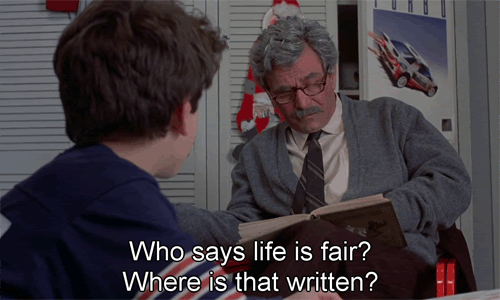
Let's face it.
To be human is to be fallible to the illogical.
To be human is to be susceptible to emotion rather than reason.
In this post we examine one particular article:
How to Misunderstand Free Software
which includes illogical, ill-informed anti-patent sentiments.

At one point the article proclaims:
"Copyright is very important ... Patents in software, on the other hand, are a very controversial concept. To put it shortly: there is no such thing as a "patented software". By registering for a patent, however, someone can claim ownership over a process. The patent then applies to all software that use this process, whether proprietary or free.
[Note: The author does not understand copyright law. A copyright protects a specific "expression" as affixed in a tangible medium. It does not protect inventions.]

[Note: The author does not understand patent law. One does not "register" a patent and one does not claim software per se becuse there is no clear definition of what software is. One "applies" for a patent for a new and useful machine, process, manufacture or composition of matter.]

At another point the article asserts:
"... software is just code, code is only math. Once you view software as useful math, an elaborate language, not like ordinary property, there is no reason to restrict others' use of it. Just like math (where nobody would claim property on an equation), software requires advanced knowledge to be adapted, improved, applied correctly."

[Note: The author does not understand physics. Software and code are not one and the same. Code is anything that at some point gets decoded or re-coded, for example Morse code is re-coded into alphabet letters. Software can come in many forms, not just source code. For example your passwords can be thought of as software. And yes Virginai, there are reasons to restrict.]
"Free software is not about killing incentives for programmers. It's about seeing code as knowledge which should not be hidden from the user."

[Note: The whole point of object oriented programming is to encapsulate and thus hide knowledge from users. Too much knowledge can be a dangerous thing.]
"Imagine purchasing a car whose hood you are forbidden to open. It does not matter whether you know how a car works – the point is that nobody will be able to check the engine. How can you trust your car, if no one is allowed to make sure that it's reliable, that it does not leak, that it's not harmful to the society and environment?"
"The idea is the same with software – except that code does much more than move cars. Software runs our computers, phones, TVs, media players and more, carrying information and our culture."

From another source:
"He who receives an idea from me, receives instruction himself without lessening mine; as he who lights his taper at mine, receives light without darkening me."
D'oh! Please share with your local town burglars the info of when you and family will be out of town for a prolonged vacation. Thank you Mr. Spock-like Know It all.










